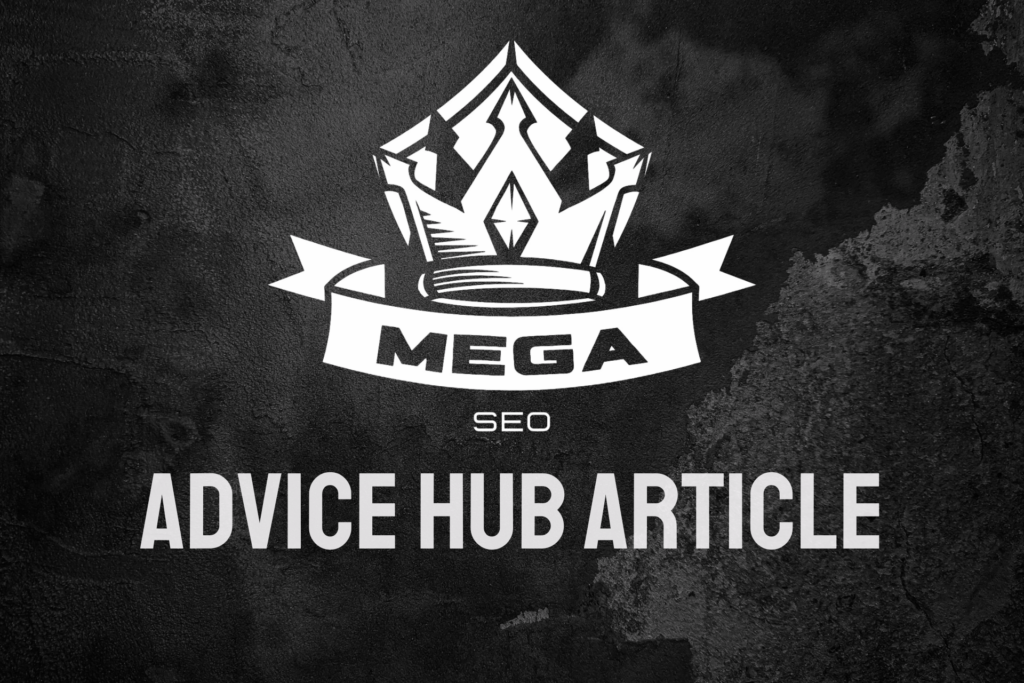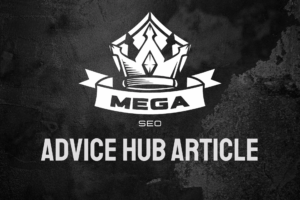Anchor text refers to the clickable words or phrases in a hyperlink that connect one web page to another.
It serves as a key factor in search engine algorithms, helping both users and search engines understand the content and relevance of linked pages.
For UK businesses looking to improve their search visibility, mastering anchor text optimisation can significantly boost rankings and enhance the overall user experience on their websites.
This guide explores the nuances of anchor text in SEO, offering practical tips and strategies to help you leverage this powerful element effectively.
Whether you’re new to SEO or looking to refine your existing approach, understanding how to use anchor text strategically can give your website a competitive edge in search results.
What is Anchor Text and Why Does it Matter for SEO?
Anchor text refers to the clickable words or phrases that form a hyperlink, connecting one web page to another. It serves as a descriptive label for the linked content, providing context to both users and search engines about the destination page.
From an SEO perspective, anchor text is a powerful signal that helps search engines understand the relevance and topical relationship between linked pages.
The importance of anchor text in SEO cannot be overstated. When implemented correctly, it can:
- Improve the user experience by providing clear navigation cues
- Enhance the contextual relevance of internal and external links
- Boost the authority and credibility of linked pages
- Influence search engine rankings for specific keywords
However, it’s crucial to approach anchor text optimisation with caution and strategic planning. Over-optimisation or manipulative practices can lead to penalties from search engines, potentially harming your website’s visibility and reputation.
How Do Different Types of Anchor Text Impact SEO?
Understanding the various types of anchor text and their impact on on-page SEO is essential for developing a well-rounded optimisation strategy. Let’s explore the primary categories of anchor text and their respective roles in search engine optimisation:
Exact Match Anchor Text
Exact match anchor text uses the precise target keyword or phrase as the clickable link. For example, if targeting the keyword “on-page SEO,” the anchor text would be “on-page SEO.” While exact match anchors can be powerful for ranking specific terms, overuse can trigger spam filters and penalties.
Partial Match Anchor Text
Partial match anchors include the target keyword along with additional words. For instance, “effective on-page SEO techniques” would be a partial match for “on-page SEO.” This type of anchor text offers a balance between keyword relevance and natural language use.
Branded Anchor Text
Branded anchors use a company or website name as the link text. For example, “Mega SEO” would be a branded anchor for our website. These anchors are essential for building brand recognition and authority.
Generic Anchor Text
Generic anchors use common phrases like “click here,” “read more,” or “learn more” as the link text. While these don’t provide much context to search engines, they can be useful for encouraging user engagement when used sparingly.
Naked URL Anchor Text
Naked URL anchors display the full web address as the clickable text, such as “https://megaseo.co.uk/on-page-seo/”. These can be helpful for building trust and transparency but should be used judiciously.
Image Anchor Text
When an image serves as a link, search engines use the image’s alt text as the anchor text. Optimising alt text for linked images is crucial for both SEO and accessibility.
What Are the Best Practices for Optimising Anchor Text?
To maximise the SEO benefits of anchor text while avoiding potential penalties, consider the following best practices:
Prioritise Relevance and Context
Ensure that your anchor text accurately describes the content of the linked page. This helps users understand what to expect when clicking the link and assists search engines in determining the relevance of the destination page.
Maintain a Natural Anchor Text Distribution
Avoid overusing exact match anchors, as this can appear manipulative to search engines. Instead, aim for a diverse and natural-looking anchor text profile that includes a mix of different types.
Consider User Intent
Choose anchor text that aligns with the user’s search intent and expectations. This improves the overall user experience and can lead to higher engagement and lower bounce rates.
Optimise Internal Linking Structure
Pay special attention to your website’s internal linking strategy. Use descriptive anchor text to connect related pages and distribute link equity throughout your site. This can enhance the overall SEO performance of your website.
Monitor and Adjust Your Anchor Text Strategy
Regularly analyse your anchor text profile using tools like Google Search Console or third-party SEO software. Look for patterns or anomalies that might indicate over optimisation or spam-like behavior.
Leverage Long-Tail Keywords in Anchor Text
Incorporate long-tail keywords into your anchor text strategy to target more specific search queries. This can help you capture niche traffic and improve your overall search visibility.
Avoid Over-Optimising Footer Links
Be cautious when using keyword-rich anchor text in site-wide footer links. While footer links can be valuable for navigation, excessive use of optimised anchor text in these areas may be seen as manipulative.
How Can You Optimise Anchor Text for Local SEO?
Incorporate Location-Specific Keywords
When linking to location-specific pages, include relevant geographic terms in your anchor text. For example, “best coffee shops in Manchester” or “London web design services.”
Optimise for ‘Near Me’ Searches
Use anchor text that reflects how users search for local businesses. Phrases like “coffee shops near me” or “24-hour plumbers in my area” can be effective for capturing local search traffic.
Leverage Local Business Citations
When building citations on local business directories, ensure that your business name is used consistently as anchor text. This helps reinforce your brand identity and local relevance.
Optimise for Voice Search
As voice search becomes more prevalent, consider using conversational anchor text that mimics how people might ask for local business information verbally.
What Are Common Anchor Text Optimisation Mistakes to Avoid?
While optimising anchor text can significantly benefit your SEO efforts, certain practices can harm your search rankings. Here are some common mistakes to avoid:
Overusing Exact Match Anchors
Excessive use of exact match anchor text can appear unnatural and may trigger spam filters. Aim for a balanced and diverse anchor text profile.
Ignoring User Experience
Focusing solely on SEO without considering user experience can lead to confusing or misleading anchor text. Always prioritise clarity and relevance for your users.
Neglecting Mobile Optimisation
With the increasing prevalence of mobile search, ensure that your anchor text is easily clickable on smaller screens. Avoid using overly long anchor text that may be difficult to tap on mobile devices.
Using Irrelevant or Misleading Anchor Text
Anchor text should accurately reflect the content of the linked page. Misleading users with irrelevant anchor text can lead to higher bounce rates and potential penalties from search engines.
Forgetting to Update Broken Links
Regularly audit your website for broken links and update the associated anchor text when fixing these issues. Broken links with optimised anchor text can waste valuable SEO potential.
Maximising Your SEO Potential with Mega SEO
Optimising anchor text is a nuanced aspect of SEO that requires careful planning and execution. By following the best practices outlined in this guide and avoiding common pitfalls, you can enhance your website’s search visibility and user experience.
At Mega SEO, we understand the complexities of anchor text optimisation and its role in a comprehensive SEO strategy. Specialising in SEO Wigan and SEO all over the UK, our team of experienced professionals can help you develop and implement an effective anchor text strategy tailored to your specific business needs and goals.



